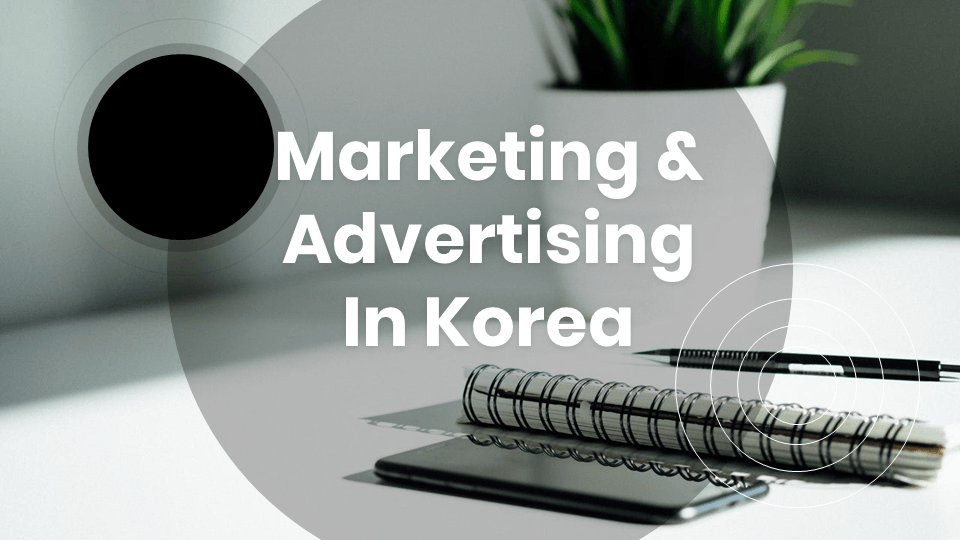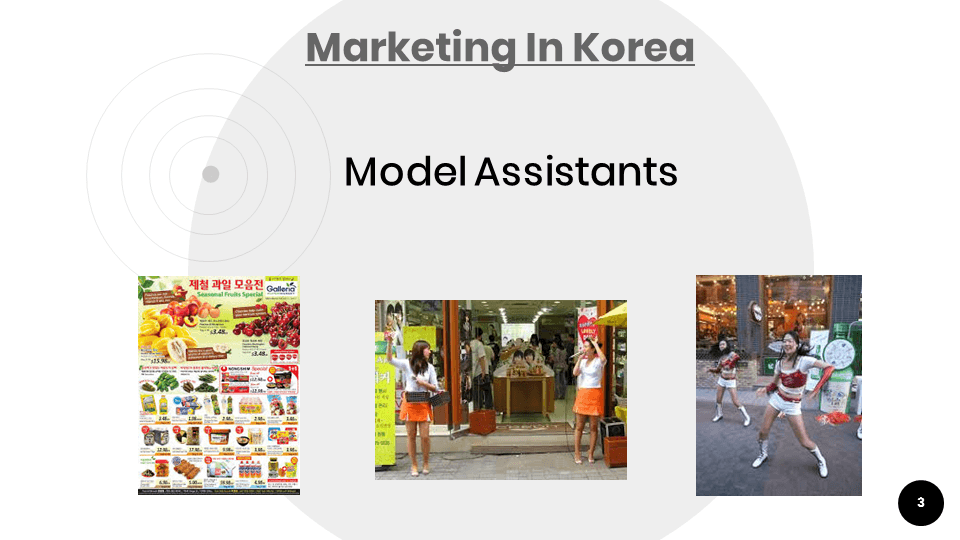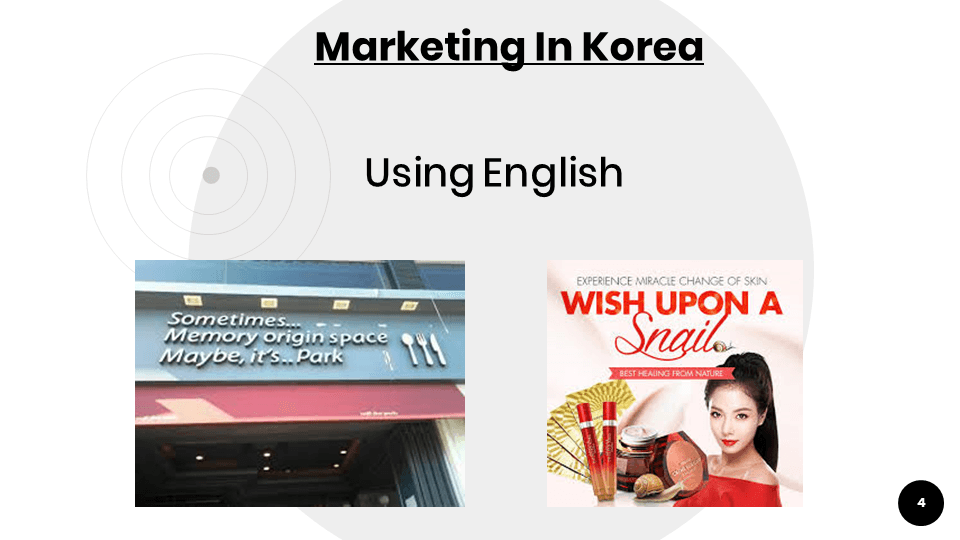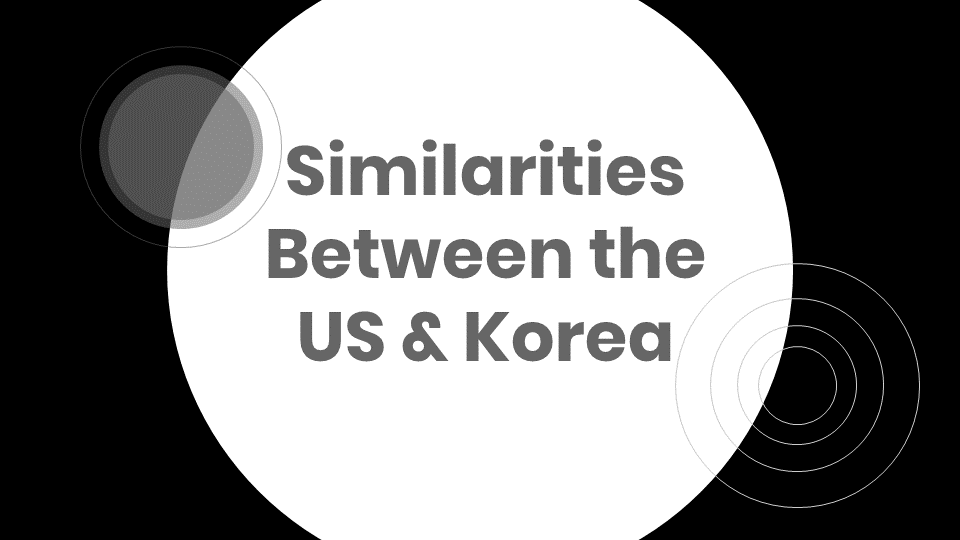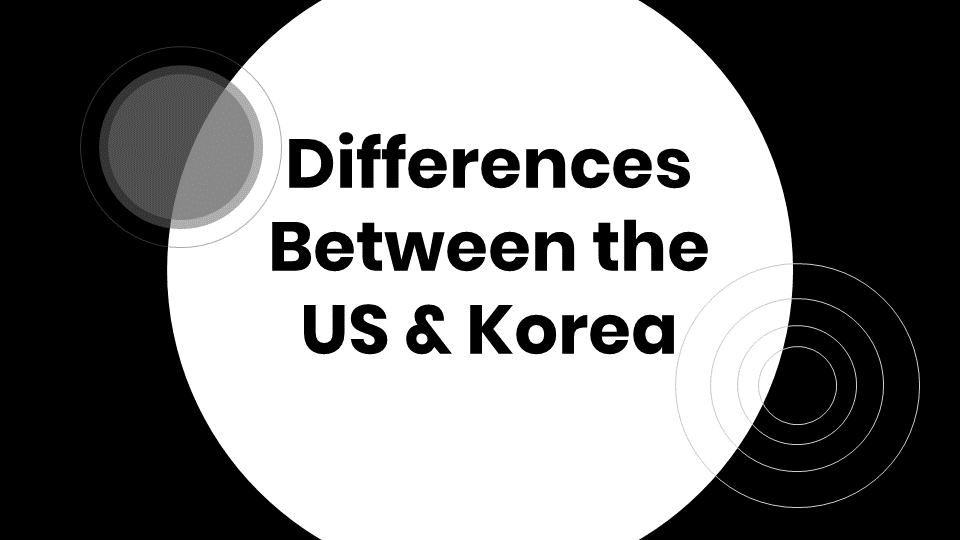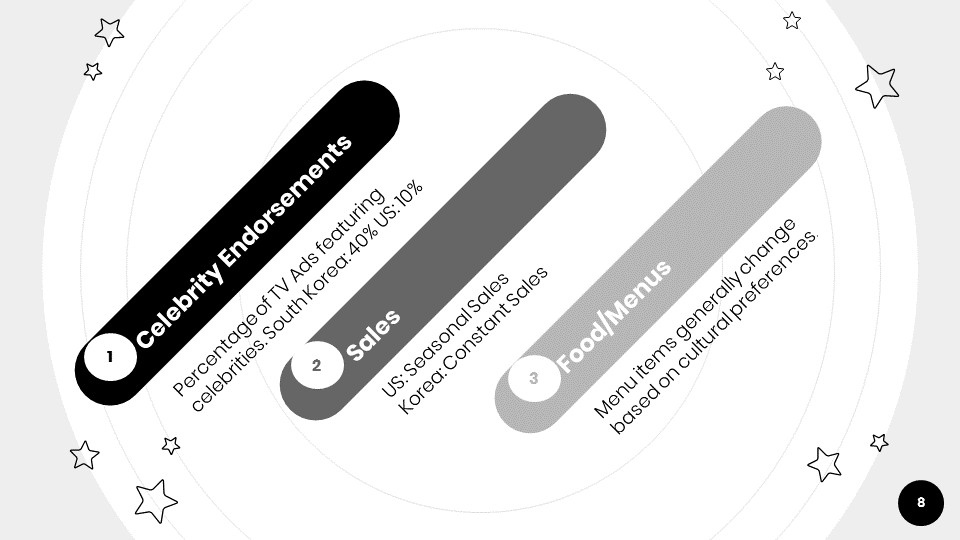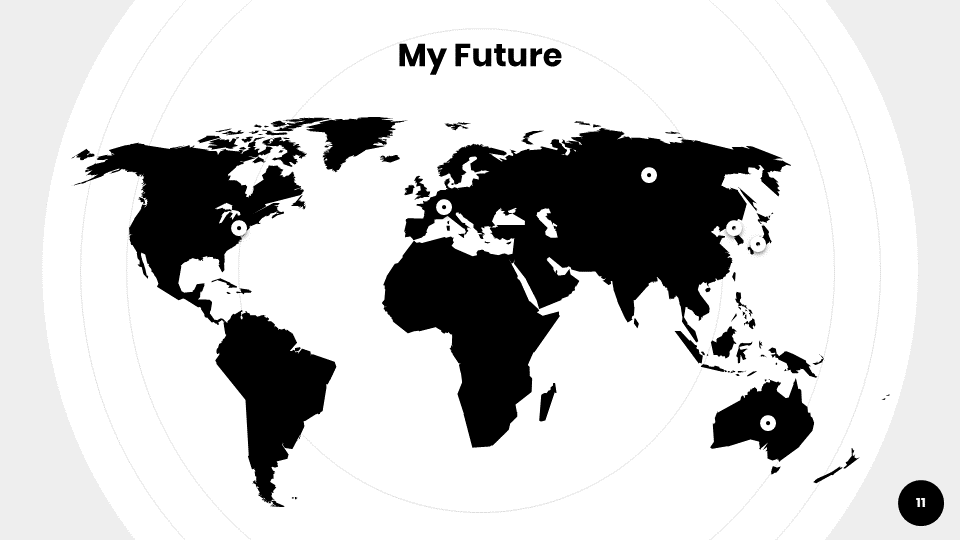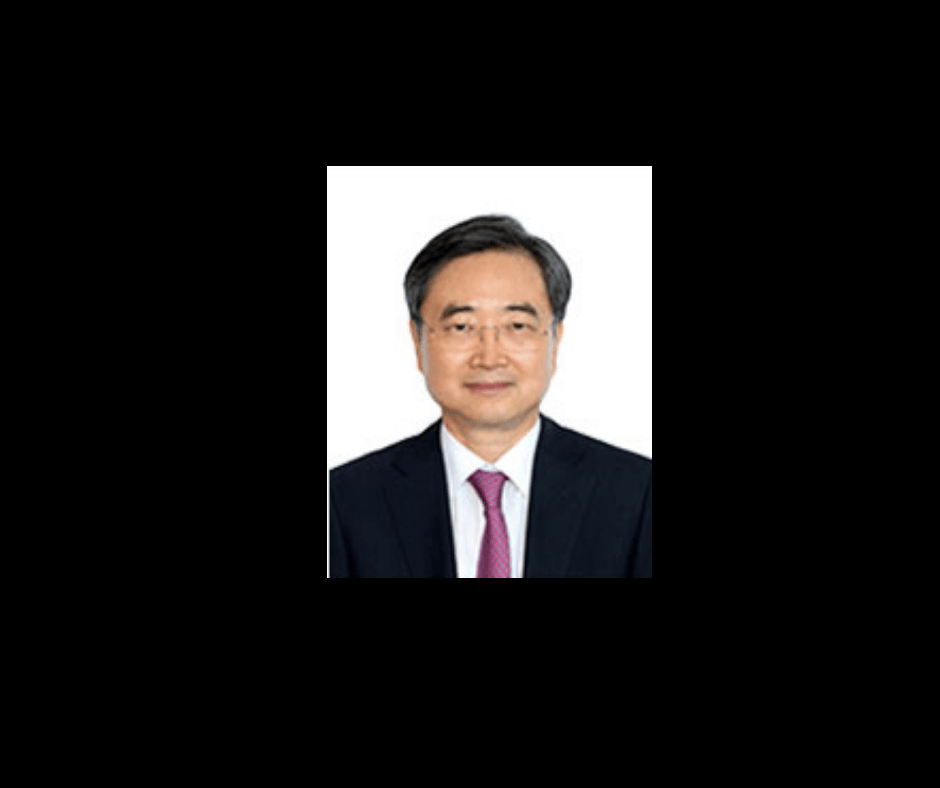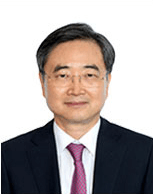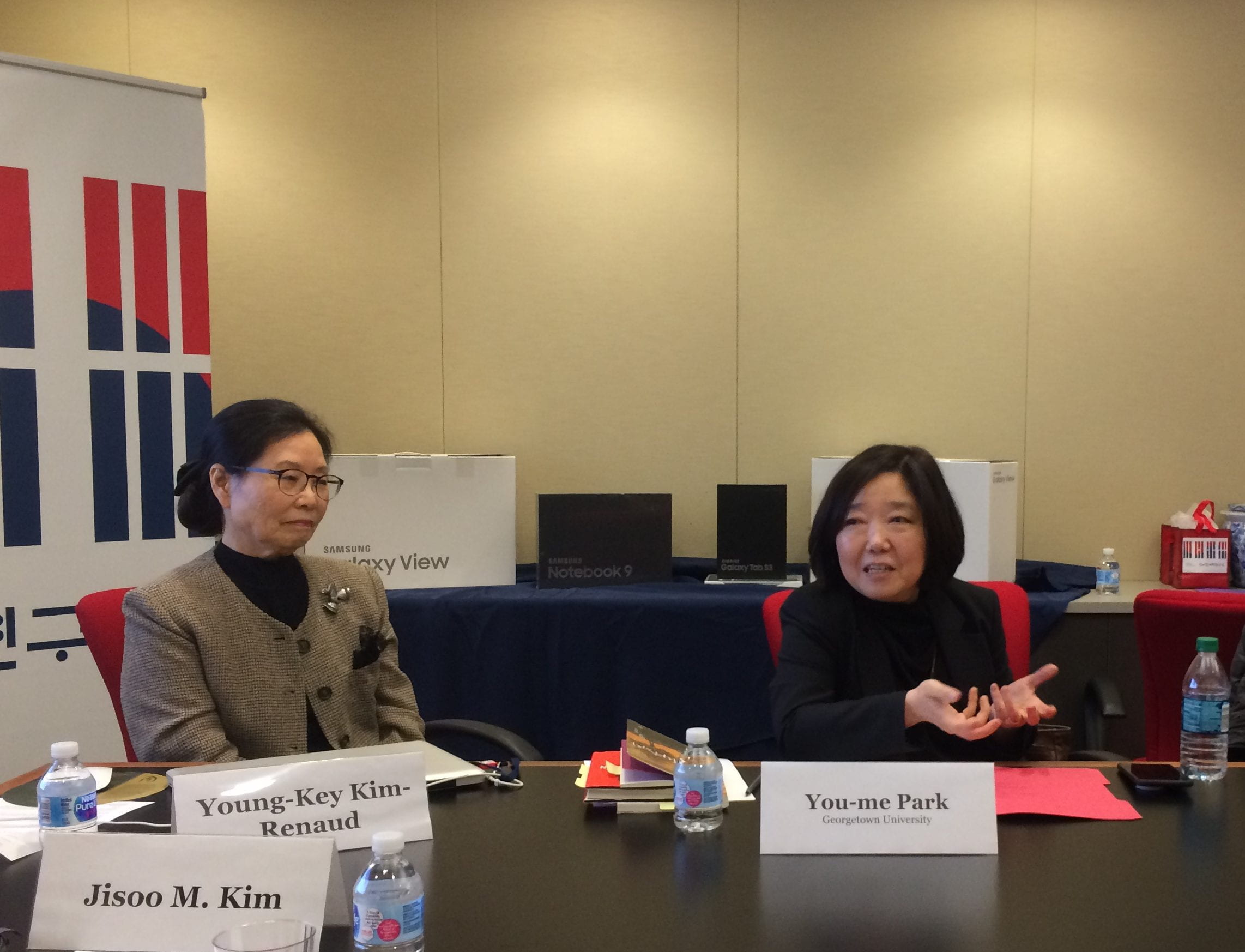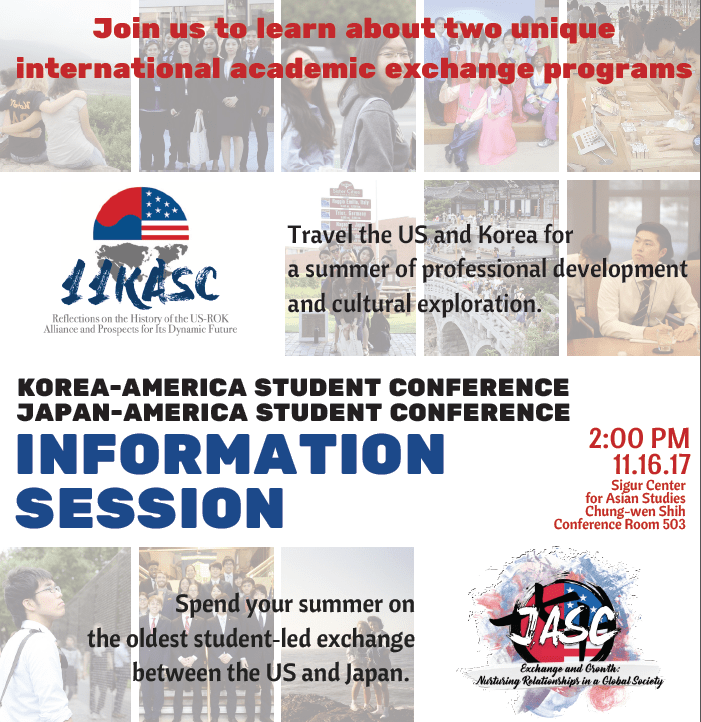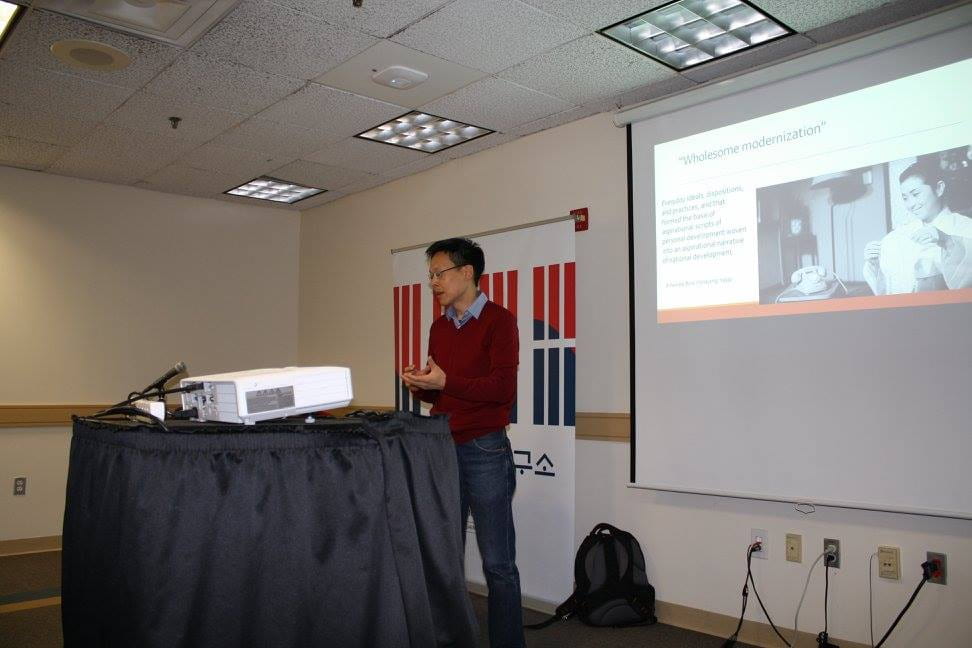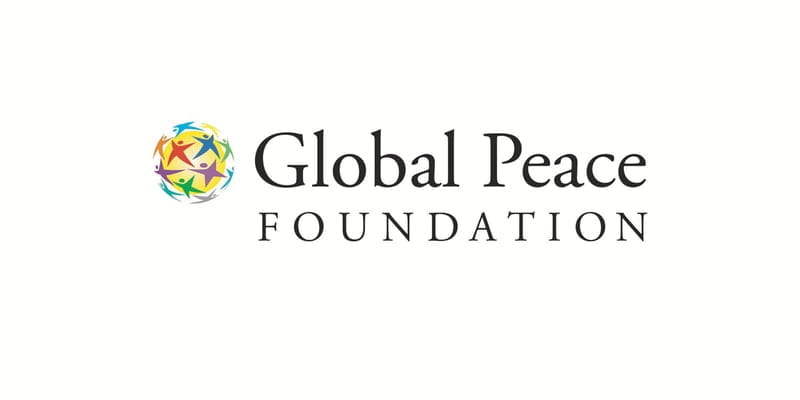Author: annyang880410
[July 25, 2018] Soh Jaipil Circle: Cho Hyun, The 2nd Vice Minister of Foreign Affairs, Republic of Korea
Soh Jaipil Circle on Contemporary Korean Affairs with the 2nd Vice Foreign Minister Cho Hyun
Co-sponsored by the Embassy of the Republic of Korea, Washington D.C.
Future of the Korea-US Alliance : Creating Peace on the Korean Peninsula and Northeast Asia
Cho Hyun
The 2nd Vice Foreign Minister, Ministry of Foreign Affairs, Republic of Korea
Biography of Cho Hyun
Cho Hyun joined the Ministry of Foreign Affairs (MOFA) of the Republic of Korea in 1979. Prior to his current position as the 2nd Vice Minister to MOFA, he was Ambassador Extraordinary and Plenipotentiary to both the Republic of India and the Republic of Austria. With the Ministry of Foreign Affairs and Trade (MOFAT), he served as Deputy Minister for Multilateral and Global Affairs, Ambassador for Energy and Resources, Director-General for International Economic Affairs Bureau, and Deputy Director-General for Multilateral Trade Bureau. In 2006, he served as Deputy Permanent Representative for the Korean Permanent Mission to the UN and in 1999 he worked at the Organization for Economic Cooperation and Development (OECD) in France. He also worked as a Secretary in various offices: Senior Assistant Secretary at the Office of the President, First Secretary at the Korean Embassy in the US, Second Secretary at the Korean Embassy in the Republic of Senegal, Second Secretary at the Korean Embassy in the Central African Republic, and Second Secretary at the Korean Embassy in the Kingdom of Belgium. Cho Hyun received his Ph.D. in International Politics from the University of Toulouse in France, his M.A. in International Relations from both the School of Political Science in France and Columbia University in the U.S., and his B.A. in Political Science and Diplomacy from Yonsei University in South Korea.
Wednesday, July 25, 2018
3:00 PM – 4:30 PM
Room B12, Elliott School of International Affairs,
The George Washington University
1957 E St. NW, Room B12, Washington, DC 20052
Opening Remarks By Edward W. Gnehm Jr.
Edward W. Gnehm Jr. is Vice Dean of Elliott School of International Affairs, Kuwait Professor of Gulf and Arabian Peninsula Affairs, and Director of Middle East Policy Forum. Ambassador Gnehm joined the faculty of the Elliott School of International Affairs at The George Washington University in August 2004 as the J.B. and Maurice C. Shapiro Visiting Professor of International Affairs. He was appointed to his present position as Kuwait Professor of Gulf and Arabian Peninsula Affairs in August 2006. He is also Director of the Middle East Policy Forum. Prior to coming to the Elliott School, Ambassador Gnehm had a distinguished 36-year career in the United States Foreign Service. He was a member of the Senior Foreign Service and held the rank of Career Minister.
Moderated By Gregg A. Brazinsky
Gregg A. Brazinsky is Professor of History and International Affairs and Deputy Director of GW Institute for Korean Studies. His research seeks to understand the diverse and multi-faceted interactions among East Asian states and between Asia and the United States. He is the author of Nation Building in South Korea: Koreans, Americans, and the Making of a Democracy (University of North Carolina Press, 2007) and Winning the Third World: Sino-American Rivalry during the Cold War (University of North Carolina Press, 2017). He served as Interim Director of the GW Institute for Korean Studies during the Spring 2017 semester.
The Soh Jaipil Circle is named after the famous champion of Korean independence who earned a medical degree at GW. The circle will bring together people from the academic and think tank communities for serious and engaged conversations of Korea issues.
Soh Jaipil Circle “International Legal Issues for a Unified Korea”
International Legal Issues for a Unified Korea: Protection of Third Party Rights under Pre-Existing Bilateral Treaties with Angela Kim

Wednesday, April 11, 2018
12:00 pm – 2:00 pm
Light lunch will be served
The Elliott School of International Affairs
Chung-Wen Shih Conference Room
Sigur Center for Asian Studies
1957 E St. NW, Suite 503
Washington DC, 20052
RSVP
As of today, based upon the UN Treaty Series, the DPRK has about 50 bilateral treaties with third States and the ROK has over 300 bilateral treaties with third States. If and when a unification of the two Koreas occurs, one of the many international legal questions to be dealt with is the legal status of these pre-existing treaties with third party States. This important question can be answered by examining international law rules on treaty interpretation and state succession.
However, international law of state succession is an area of controversy and uncertainty. This is largely due to the inconsistency of state practice and the attendant uncertainties which occur from a choice among different types of state succession. For example, a unified Korea could occur either by incorporation or merger. However, there is a lack of adequate state practice on succession by unification as in the DPRK and ROK context. The questions which flows from this are: (1) Whether a Unified Korea has liberty to do as it pleases with its pre-existing treaties and (2) how can third States that have bilateral treaty relations with either North or South Korea feel secured and protected regarding their rights under those treaties? This presentation aims to answer these questions by focusing specifically on state practice resulting from unification of States such as Germany. It also examines sources of international law which can protect rights of third States under pre-existing bilateral treaties.
Angela Kim is currently a Visiting Scholar at the Institute for Korean Studies. She is a PhD candidate in Law at the Chinese University of Hong Kong and is expected to graduate in August 2020. She received her Master of Laws from the George Washington University Law School in 2015 with a specialization in International and Comparative Law, and her Bachelor of Law from Handong Global University in 2014. She is currently conducting research for her thesis, titled “The Law of State Succession in the Case of Unified Korea: The Legal Effects on Treaties and the Rights of Third States,” with her research interests lying in legal perspectives on Korean studies, and especially those dealing with Korean unification.

The Soh Jaipil Circle is named after the famous champion of Korean independence who earned a medical degree at GW. The Circle will bring together people from the academic and think tank communities for serious and engaged conversations of Korea issues.
Kim-Renaud East Asian Humanities Lecture Series: North Korea in Modernization
RSVP

North Korea is usually presented to the public as a dictatorial regime with a hungry population and world-threatening nuclear and missile programs. The perception of North Korea as a “corrupt regime” which “should be dismantled” causes misunderstanding of this country, which leads to ineffective foreign policy decision-making, and promotes the misconception that there is no technology or advanced science in North Korea.
The DPRK is a country with “5000 years of history”, beginning from the Ancient Joseon period (2333 B.C. – 108 B.C.), continuing through the formation of a socialist state in the northern half of the Korean Peninsula in 1945 – 1948. North Korean science and industry also has a long history and background. In the 21 st century, North Korean citizens and authorities continue to collect knowledge of the world’s modernization processes and strive to follow it. This talk will give various examples of North Korean modernization and will demonstrate the new look of this country.
This event is organized by Department of East Asian Languages and Literatures and is co-sponsored by GW Institute for Korean Studies.
2017 GWIKS Korean Literature Essay Contest Award Ceremony
On November 10, the Institute for Korean Studies hosted its first award ceremony for the 2017 Korean Literature Essay Contest. The winning essayists, prestigious judges, and faculty were invited.
Director Jisoo M. Kim started the event with a warm welcome and opening remarks. She congratulated the finalists for a wonderful job on their essays and expressed gratitude for the reviewers You-me Kim and James Mattson. Afterwards, Prof. Young-key Kim-Renaud gave a brief presentation on the plot and translation of Han Kang’s Man Booker International Prize winning novel The Vegetarian. Her presentation focused on the growing global awareness of Korean literature, noting that The Vegetarian played a pivotal role in further extending that scope of recognition. Prof. Kim-Renaud described the major themes of the narrative as a violent struggle against violence. Furthermore, on the topic of Deborah Smith’s English translation of the book, Prof. Kim-Renaud praised Smith’s ability to convey the tone of Kim’s novel but also pointed out the mistakes in her translation work.
Prof. You-me Park, a professor at Georgetown University, offered her insights as to how she had decided on her top essays. Her remarks opened with a famous quote by Leo Tolstoy: “All happy families are alike; each unhappy family is unhappy in its own way.” Firstly, Prof. Park noted that many of the best essays were alike in the sense that they all shared an intellectual curiosity as well as a sense of humility and respect for the work. Overall, the best essays recognized the author’s despair at the violence, a difficult feat for the essayists considering how hard it is for students to grasp the difference in culture in the novel. Prof. Park concluded with her thoughts on the Western audience’s reception of the novel and the ways in which many Western readers failed to notice the political message in the narrative. In particular, she found that the co-optation of Western audiences of Korean novels as narratives of racialized sexual violence to be highly problematic. She urged writers to take careful consideration of the cultural differences when analyzing Korean literature.
The award ceremony took place at the end with Director Jisoo Kim announcing the winners, and Prof. Kim-Renaud presenting the award certificates and prizes. The third place winners Gloria Han and Ho Young Choe each received a Samsung Galaxy View; second place winner Nancy Chung received a Samsung Tab S3; and first place winner Eric Kenney received a Samsung Notebook 9.
The GWIKS Korean Literature Essay Contest is an annual event that encourages students to engage in Korean literature. The 2017 GWIKS Korean Literature Essay Contest was sponsored by the Literature Translation Institute of Korea.
Robert Ogburn: “Tales from the Motherland: Korea and the Power of Small”
On November 16, 2017, GWIKS and the Institute for Public Diplomacy and Global Communication co-sponsored an event to welcome Robert Ogburn, former Minister-Counselor for Public Diplomacy at the U.S. Embassy in Seoul, and to hear his experience working in South Korea. He shared how the U.S. and South Korea’s perceptions of each other have changed over time and what he meant about “power of small” regarding South Korea. The U.S. view of South Korea has come a long way since “M.A.S.H.” and South Korea’s inward focus of the 1980s has given way to a global outlook in the 2000s. This transformation was driven by failure, flexibility, and fuel. By embracing the idea of “glorious failure,” Koreans bounce back after taking risks and develop new ideas, fueled by their strong work ethic.
During his most recent tour in Seoul, Mr. Ogburn’s message was to embrace failure while being resilient. Examples include the a man who created a prosperous leather goods shop after losing his first store and becoming homeless, the Seoul National University Professor who encourages young women and North Korean defectors to study engineering, and the female leaders of Daum and Naver blazing a trail for women in business.
Mr. Ogburn noted that Koreans are very focused on their identity, and while Americans find their identity in what they do, Koreans find their identity in just being Korean. Korean identity is changing and expanding, as Koreans embrace immigrants and people like NFL player Heinz Ward. During the question and answer session, GWIKS Director Jisoo Kim noted that the idea of Korea as “a shrimp among whales” is not ancient but emerged in the 20th century, and Mr. Ogburn said this is even more reason for South Korea to see its small size as a strength.
HMS 25 Videos
Videos
October 20, 2017
Opening Remarks by Dr. Jisoo Kim and Dr. Young-Key Kim-Renaud
Key-Sook Choe, Associate Professor in the Institute of Korean Studies at Yonsei University
Serk-Bae Suh, teaches Korean literature at the University of California, Irvine as Associate Professor
Sookja Cho, Assistant Professor of Korean at Arizona State University
Yumi Han, translator and lecturer in Korean at the University Paris-Sorbonne and the Korean Cultural Center in Paris
Janet Lee, Assistant Professor of Korean Literature at Keimyung University
Immanuel Kim, Assistant Professor in the Department of Asian and Asian American Studies at Binghamton University
November 16: International Student Conferences Information Session
GWIKS Lecture Series: Charles Kim “Cold War Culture in Postcolonial South Korea”
“Cold War Culture in Postcolonial South Korea”
Charles Kim is Associate Professor in History Department at the University of Wisconsin-Madison. He joined us on November 2, 2017, to talk about his new book Youth for Nation: Culture and Protest in Cold War South Korea. His book explores the South Korean transition period from post-Korean war to Park Chung Hee era, and traces the construction of national identity, which was necessary with the postcolonial nation-building process. During this period, South Koreans were easy to mobilize, making it possible for the Park regime to implement anti-communist ideological training.
Youth 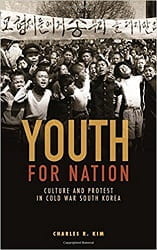 for Nation is divided into two big parts: “student vanguard” and “wholesome modernization”.
for Nation is divided into two big parts: “student vanguard” and “wholesome modernization”.
“Student Vanguard”
The youth were privileged groups that symbolized hope for the new nation, and were targeted for instilling nation-centered ideology. They served as model patriotic subjects for other countries. As the students were seen as a protected group, the protests that occurred against the dictatorship often used students as vanguards to decrease the level of suppression. Though, it was true in many cases, leaders of the demonstrations were students themselves.
The students received two types of education. The everyday form of education taught students to be dutiful national citizens. On the other hand, the extraordinary form taught them to become combative and to question the corruption of the ruling classes as they were referred to the anti-Japanese movement on March 1st, 1919. South Korean youth were able to develop a unique Cold War-period South Korean national identity that has left remnants on the public to this day.
“Wholesome Modernization”
There was a huge influence of Euro-American culture at the time in South Korea as well as a movement towards modernization. With the emphasis of developmental happiness, the modernization in South Korea was fast-paced but also wholesome. It taught people about the romance of delayed gratification. This type of modernization allowed Park Chung Hee’s National Citizens Reconstruction Movement (1961-1964) and, following that, the Saemaeul Undong (New Community Movement) to successfully take place. These political initiatives focused on the improvement of basic living conditions and environment in South Korea through frugal lifestyles and having all South Korean citizens collaborate on rural development projects.
Kim ended his talk by identifying some traces of the “wholesome modernization” in the current days of South Korea. He said that the candlelight protests in 2016-2017 against Park Geunhye’s presidency was done in a peaceful way and reflected good citizenship. For instance, a high number of people who participated in the demonstration for their country also made sure to clean up after themselves when the protests ended. There is also an ongoing TV show called “Master of Living” that shows people who become experts in a seemingly mundane everyday chore or work (i.e. stamping labels, stacking tires, etc.) by diligently mastering their skill for several years. This reflects the developmental happiness and delayed gratification that is embedded in the culture during the Cold War era in South Korea.
We highly recommend Charles Kim’s Youth for Nation: Culture and Protest in Cold War South Korea for readers interested in twentieth-century Korea, Cold War cultures, social movements, nation identity-building, or democratization in East Asia. We also hope you enjoy this movie that reflects the Cold War era in South Korea. The Love Marriage.
Written by Ann Yang
November 14-15: International Forum on One Korea
Join Global Peace Foundation and co-conveners EastWest Institute, Action for Korea United, and One Korea Foundation for a forum featuring a series of panels by leaders in government, policy, and civil society.
This event will examine the essential elements of a Korean-led process for the reunification of the Korean peninsula, including multi-sector participation and citizen engagement. Strategies for building global support for this process will also be considered.
Hear from global experts on:
- International Policy & Civil Society: Leadership Toward Peaceful Korean Unification
- Unification and the Post-Cold War Era Framework
RSVP
Featured Speakers on Human Rights Issues:
Greg Scarlatoiu
Executive Director, U.S. Committee for Human Rights in North Korea
Rev. Kenneth Bae
Former North Korean prisoner and author of the book Not Forgotten: The True Story of my Imprisonment in North Korea
Join Global Peace Foundation and co-conveners EastWest Institute, Action for Korea United, and One Korea Foundation for a forum featuring a series of panels by leaders in government, policy, and civil society.
This event will examine the essential elements of a Korean-led process for the reunification of the Korean peninsula, including multi-sector participation and citizen engagement. Strategies for building global support for this process will also be considered.
Forum Schedule:
November 14
International Policy & Civil Society: Leadership Toward Peaceful Korean Unification
Kennedy Caucus Room
Russell Senate Office Building
2:00 PM – 5:30 PM
November 15
Unification and the Post-Cold War Era Framework
Pavilion Ronald Reagan International Trade Center
10:00 AM – 2:00 PM
